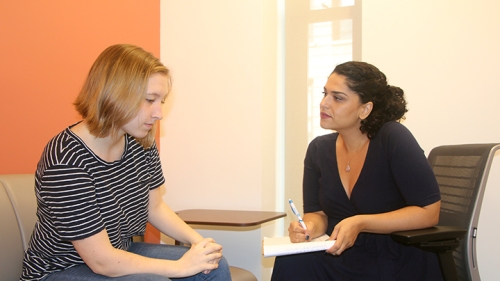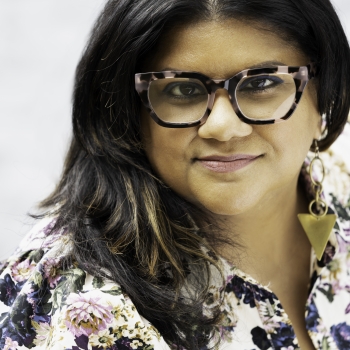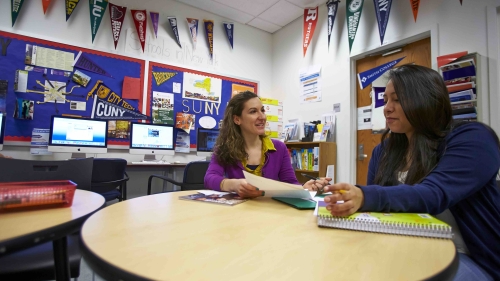

Frandelia Moore, Psy.D is a Clinical Assistant Professor and Program Director in the Department of Applied Psychology Masters of Counseling residential and online programs at New York University (NYU). She teaches courses such as: Cross-Cultural Counseling, Social Justice Practice for Counselors and Group Dynamics: Theory and Practice. Dr. Moore uses a multicultural and social justice lens in all of her courses to discuss the application of theory, treatment and analysis. She emphasizes how students can take action as counselors in training for themselves, their clients and communities. Before coming to NYU, Dr. Moore worked in child and adolescent mental health services for 20 years. Dr. Moore has extensive training and education as a psychologist, lecturer, and administrator that have provided her with significant experience within trauma-focused systems and historically marginalized communities of color. Her clinical work has focused on the clinical assessment and processing of clients’ trauma histories and assistance in navigating complicated institutional systems. Many of her clients struggled with symptomatology in the areas of trauma, depression, anxiety, adjustment and psychosis, while simultaneously juggling complex issues such as removal from the home, domestic and community violence, the justice system, school to prison pipeline, homophobia, and institutionalized racism. Dr. Moore’s research interests include mixed race identity, intersectionality in academia and anti-oppressive supervision for BI+POC students in counseling programs.

